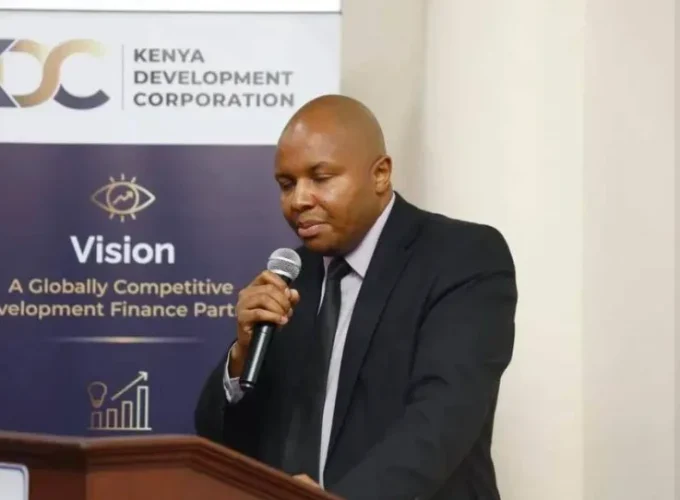A judge in Mombasa has dismissed a multi-million shilling case in which Bandari Sacco had been sued by a member over what he claimed was mismanagement of the savings and credit society’s finances. Justice John Mativo in a constitutional ruling made in Mombasa on a petition filed by the Sacco member, Mr John Abura Oucho, last week dismissed with costs, the case in which Oucho had sought the refund of Ksh180 million by officials of the Sacco.
In the petition, Mr Oucho claimed that the respondents – including senior officials led by chairman Ken Odero Sungu, CEO Joseph Otieno Bee and the Sacco Society Regulatory Authority (SASRA) – constructed a boundary wall worth Ksh25 million at a cost of Ksh207 million in Mombasa. According to the case, the wall remains incomplete since 2016. He claimed funds of the multi-billion shilling Sacco are mismanaged.
However, Justice Mativo noted in his ruling that the matter should have been referred to the Co-operative Societies Tribunal. Chairman Sungu, 10 others and the regulator, SASRA, in their submissions noted that the petition was wanting in legal premise and merit. Citing section 13(1)(2) of the Environment and Land Court Act, Sungu notes that there is no legal premise to sustain the petition against the respondents.
Mr Sungu argued the petition ought to have been filed in the Environment Court because the dispute relates to the ownership of a land parcel No. MN/11/817. Concurring with respondents, Judge Mativo said Mr Oucho rushed to court and sidestepped internal mechanisms to solve such emerging issues.
>> How a Kenyan Start Up Is Shaking Up Online Advertising Industry
“My finding is fortified by the provisions of the Fair Administrative Action Act, which provides that the High Court or a subordinate court shall not review an administrative action or decision under the Act unless the mechanisms for appeal or review and all remedies available under any other written law are first exhausted,” says Justice Mativo on the petition lodged on October 13, 2021.
The judge at the same time says it is compulsory for any aggrieved party to exhaust the relevant internal mechanisms before approaching the court. The judge noted that the person seeking exemption had to satisfy the court first that there are exceptional circumstances which should be in the interest of justice that the exemption be given.
In the ruling Judge Mativo says internal remedy must be exhausted prior to judicial review unless the petitioner shows exceptional circumstances.
“An internal remedy is effective if it offers a prospect of success, and can be objectively implemented, taking into account relevant principles and values of administrative justice present in the Constitution and the law, and available if it can be pursued, without any obstruction. An internal remedy is adequate if it is capable of redressing the complaint,” the judge said, and added:
“No application for exemption was made to this court, therefore, the petition cannot surmount the hurdle erected by section 9(4). On this ground alone, the two objections succeed. The Petition collapses.”
>> Date Set For Mumias Sugar Case As Plot Thickens
The CEO, Joseph Otieno, the first respondent in the petition, objected to the move by the petitioner on the grounds that the High Court lacks original jurisdiction to hear the suit, noting that the court can only exercise appellate jurisdiction, and that the Petition was an abuse of the court process.
In a ruling on 25th January, Justice Mativo said thus: “I find that this petition offends the doctrine of exhaustion of remedies. Accordingly, I hereby dismiss the petitioner’s petition date 12 October, 2021 with costs to the respondents.”
Next >> CEO’s Salary Cut From Ksh1 Million to Sh125,000













Leave a comment